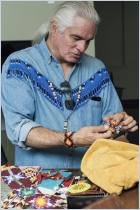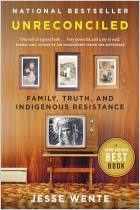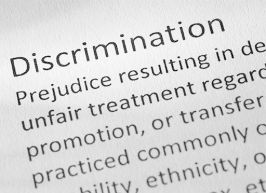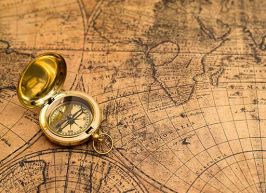Join getAbstract to access the summary!

Join getAbstract to access the summary!
Max Fisher
Indigenous People Advance a Dramatic Goal
Reversing Colonialism
The New York Times, 2021
What's inside?
Canadian Indigenous people seek more than truth and reconciliation – they want sovereignty.
Recommendation
In June 2021, Indigenous Canadians found a grave with the remains of 215 children on the grounds of a shuttered Indian Residential School in Kamloops, British Columbia. Canada’s 2015 Truth and Reconciliation Report recounts that such schools were central to Canada’s campaign to wipe out Indigenous culture. More than 50 years ago, as Max Fisher reports in The New York Times, Indigenous leaders launched a global effort to address colonialism’s destructive impact and restore Indigenous people’s sovereignty. Canada’s annual Truth and Reconciliation Day marks this ongoing effort of memory and mission. As Fisher reports, truth and reconciliation are part of a complex, ongoing process.
Summary
About the Author
Max Fisher, an international reporter and columnist for The New York Times, has reported from five continents on conflict, diplomacy, social change and other topics.


















Comment on this summary